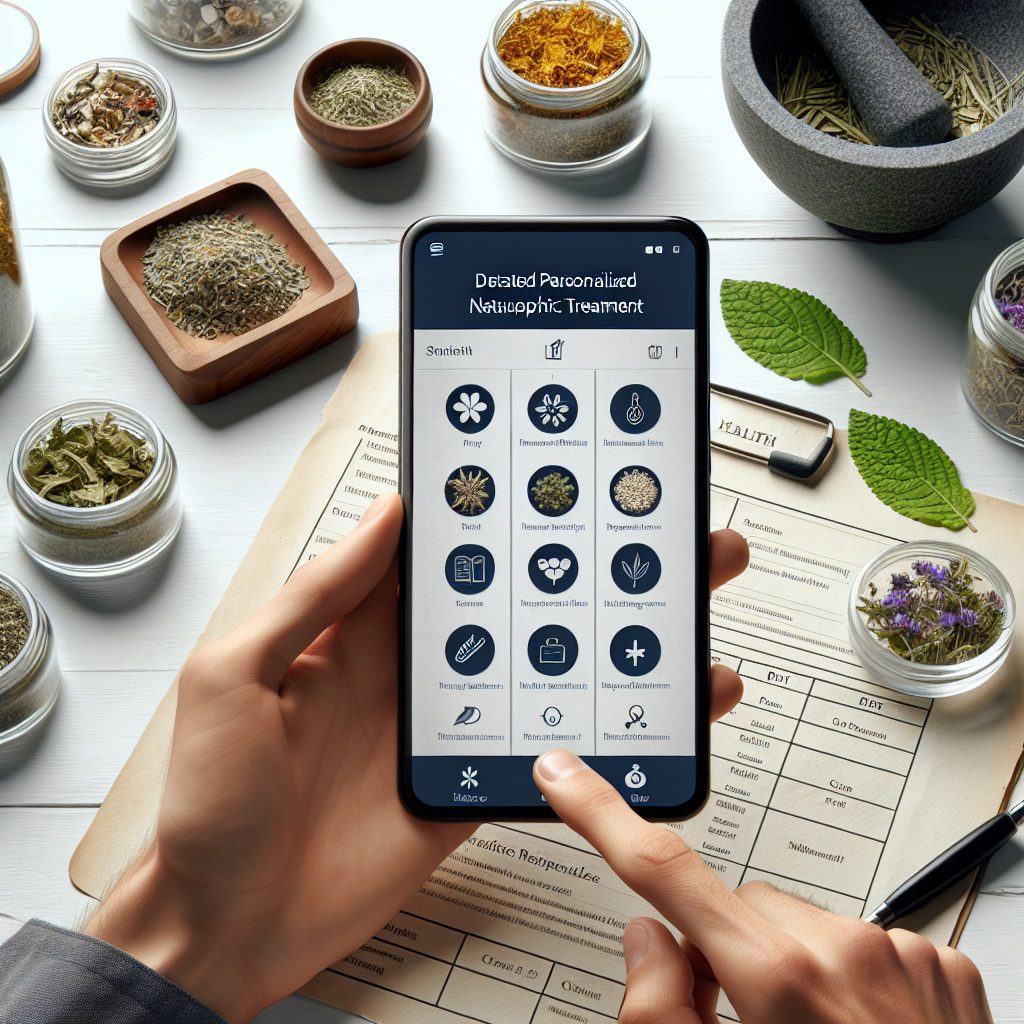Understanding Body Language: The Basics
Have you ever felt a knot in your stomach before a big presentation or noticed your heart racing when you’re excited? That’s your body talking to you! Welcome to the fascinating world of body language and interoception. These silent signals are like your body’s secret code, constantly sending you messages about your health and well-being. But here’s the thing: many of us are missing these crucial cues, and it’s time we start paying attention. Understanding our body’s non-verbal communication is like having a superpower for better health. It’s not just about recognizing hunger or thirst; it’s about tuning into the subtle whispers of emotional distress or contentment. By becoming more aware of these internal signals, we can unlock a whole new level of emotional well-being. Imagine being able to sense when you’re stressed before it overwhelms you, or recognizing joy in its purest form within your body. That’s the power of listening to your body’s secret language. So, let’s embark on this journey together, learning to decode these hidden messages and paving the way for a healthier, more balanced you.
Morning Signals: A Daily Check-In
Ever wondered why some days you wake up feeling energized and ready to conquer the world, while on others, you’d rather hide under the covers? The answer might lie in the morning signals your body sends you. Starting your day by tuning into these bodily cues can be a game-changer for your overall well-being. It’s like having a personal health check-in right at your fingertips!
Let’s talk about making this morning check-in a habit. When you first open your eyes, take a moment to pause and really feel what’s going on inside. Are your muscles tense or relaxed? Is your breathing shallow or deep? Do you feel a spark of excitement or a hint of worry? This simple practice of interoception – listening to your body’s internal signals – can offer incredible insights into areas of your life that might need a little extra TLC.
Think of it as your body’s way of sending you a morning text. Maybe it’s telling you that you need an extra glass of water, or perhaps it’s hinting that you could use some stress-busting activities in your day. By acknowledging these messages, you’re setting yourself up for better emotional health and a more balanced day ahead.
But here’s the cool part: this isn’t just about physical sensations. Your body’s language is closely tied to your emotional state too. That knot in your stomach might be signaling anxiety about an upcoming meeting, while a light feeling in your chest could be excitement for a fun plan later. By recognizing these bodily signals, you’re actually boosting your emotional intelligence!
Now, I know what you’re thinking – “I barely have time to brush my teeth in the morning, let alone do a full body scan!” But trust me, this doesn’t have to be a time-consuming ritual. Even just 30 seconds of mindful attention can make a world of difference. It’s about quality, not quantity.
And here’s a little secret: the more you practice, the better you’ll get at reading your body’s signals. It’s like learning any new language – at first, it might seem confusing, but soon you’ll be fluent in your body’s unique dialect.
Remember, this morning check-in isn’t about judgment. If you wake up feeling less than stellar, that’s okay! The goal is awareness, not perfection. By simply acknowledging how you feel, you’re already taking a huge step towards better health and emotional balance.
So, tomorrow morning, before you reach for your phone or jump out of bed, take a moment to listen to your body. What’s it telling you? By starting your day with this simple practice of bodylanguage awareness, you’re setting the stage for a more mindful, balanced, and emotionally healthy day ahead. It’s your first step in decoding your body’s secret language – and trust me, it’s a conversation you won’t want to miss!
Mindfulness and Interoception: Enhancing Awareness
Exploring mindfulness practices like meditation and yoga can be a game-changer when it comes to enhancing your interoceptive awareness. These ancient techniques offer a direct path to connecting with your body’s signals, helping you become fluent in your body’s secret language. Imagine being able to sense the slightest shifts in your mood or energy levels – that’s the power of mindfulness in action!
Let’s start with meditation. It’s like giving your mind a mini-vacation while tuning into your body’s frequency. Even just five minutes a day of sitting quietly and focusing on your breath can dramatically improve your ability to recognize and interpret bodysignals. As you practice, you might notice subtle sensations you’ve never paid attention to before – the rhythm of your heartbeat, the expansion of your lungs, or even the flow of energy through your body.
Yoga, on the other hand, combines physical movement with mindful awareness, creating a perfect environment for enhancing interoception. As you flow through poses, you’re not just stretching your muscles; you’re stretching your awareness too. You might discover how different postures affect your mood, or how your breath changes with each movement. This heightened bodily awareness often translates into greater emotional health off the mat as well.
Incorporating these practices into your daily routine doesn’t have to be overwhelming. Start small – maybe a few minutes of meditation in the morning or a short yoga sequence before bed. The key is consistency. As you make these practices a regular part of your life, you’ll likely notice a shift in how you perceive and respond to your body’s signals.
But mindfulness doesn’t stop at formal practices. You can bring this awareness into everyday activities too. Try really savoring your morning coffee, feeling the warmth of the cup in your hands and noticing the aroma before you take a sip. Or pay attention to how your body feels as you walk, sensing each step and the movement of your muscles. These moments of mindful attention throughout the day can significantly boost your overall interoceptive awareness.
As you embark on this journey of enhanced body awareness, consider incorporating natural remedies like herbal teas into your self-care routine. Just as mindfulness practices help you tune into your body, certain herbs can support your body’s natural balance and well-being. For example, a soothing cup of chamomile tea before bed might help you notice how your body relaxes, while an invigorating peppermint tea in the morning could heighten your awareness of how your body awakens.
Remember, the path to inner harmony is a personal one. What works for one person might not work for another. The beauty of this journey is in discovering what resonates with you. Maybe you’ll find that a combination of meditation, yoga, and herbal teas helps you feel most in tune with your body. Or perhaps you’ll discover other mindfulness practices that speak to you.
Embracing the Journey of Self-Discovery
As we conclude this exploration of your body’s secret language, I encourage you to approach this journey with curiosity and compassion. Your body has been speaking to you all along – now it’s time to listen. By cultivating mindfulness, enhancing your interoceptive awareness, and embracing natural self-care practices, you’re not just improving your health; you’re opening the door to a more balanced, fulfilling life.
So, take a deep breath, tune in to your body, and get ready to embark on this incredible journey of self-discovery. Your body has so much wisdom to share – all you need to do is listen. Here’s to your health, your happiness, and the beautiful dialogue between your mind and body!




